On the afternoon of April 2 (local time), US President Donald Trump announced a basic tax rate of 10% on imports from all countries and territories around the world and higher tariffs on dozens of countries that have a trade surplus with the US.
Speaking in the Rose Garden on the White House grounds, President Trump criticized what he said were “much higher” import tariffs on goods from the United States than the tariffs the world’s largest economy imposes on other countries on its exports.
In addition to the base 10% tariff, the Trump administration will also impose reciprocal tariffs on other countries that the White House considers to have trade imbalances with the United States. The tariffs will be half the rate those countries charge on US exports.
The announcement is part of Mr Trump’s effort to impose sweeping changes to decades-old trade agreements. Higher US tariffs will hit foreign entities that sell more goods to the US than they buy. Washington expects other countries to lower tariffs and other trade barriers that it says have led to a $1.2 trillion trade imbalance last year.
However, instead of providing an immediate boost to the US economy, US media reports suggest that the tariffs are expected to hurt many companies whose products depend on global supply chains as they may be forced to raise prices or suffer thinner profit margins.
Alex Jacquez, director of policy and advocacy at Groundwork Collaborative, a left-leaning public policy think tank, said the process of implementing reciprocal tariffs would be administratively complex, given the tens of thousands of tax codes that specify tax rates for many different types of products. Establishing reciprocal tariffs for the entire product portfolio with each trading partner is completely unfeasible given the administrative capacity of the United States.
Some other experts believe that the real goal of this policy is not necessarily to force companies to move production back to the US or generate more revenue for the government, but mainly to pressure other countries to sign trade agreements that are favorable to the Trump administration.
The chart held up by Mr. Trump while speaking at the White House shows that the US will impose a 34% tax on imports from China, 20% on the European Union (EU), 25% on South Korea, 24% on Japan, 32% on Taiwan (China) and 46% on imports from Vietnam .
Also in Southeast Asia, Thailand is taxed at 36%, followed by Indonesia at 32%, Malaysia at 24%, Philippines at 17%, and Singapore at 10%.
Other countries subject to the 10% tariff include the UK, Australia, Colombia, Chile, Brazil and Türkiye.
Notably, Canada and Mexico are not on the list of countries subject to reciprocal tariffs by the US this time.
 |
US President Donald Trump announced new tax policies at an event in the Rose Garden, inside the White House on April 2. Photo: Reuters |
* Responding to the US move, British Business and Trade Secretary Jonathan Reynolds issued a statement on April 2 affirming that London is still determined to sign an economic agreement with Washington to be able to "lighten" the 10% tax rate applied to exports to the US.
“Our approach is to remain calm and work to build on this agreement, which we hope will mitigate the impact of what has been announced,” said Minister Reynolds in a statement.
According to President Trump, the UK will be among the countries facing the lowest tariffs on imports into the US, while dozens of other countries face higher tariffs.
However, the UK government official also made clear: “We have many tools… and we will not hesitate to act.” London “will continue to engage with UK businesses” to “assess the impact of any further steps we take.”
Also on April 2, Italian Prime Minister Giorgia Meloni criticized the new US tariffs on imports from the EU as “wrong,” but warned that the trade war would only weaken the West.
“The US tariffs against the EU are a measure that I consider wrong and not suitable for any party. We will do everything possible to reach an agreement with the US to prevent a trade war that will inevitably weaken the West in favor of other global players,” the Italian Prime Minister wrote.
From Sydney, Prime Minister Anthony Albanese spoke out to affirm that the US President's trade tariff policy towards close ally Australia is "completely unfounded", not "the act of a friend" and will change the perception of the bilateral relationship.
However, Mr. Albanese affirmed that Australia will not impose retaliatory tariffs on the US.
Meanwhile, the White House confirmed on the same day that "the 10% tax rate will take effect from 00:01 on April 5 (11:01 on the same day Hanoi time), while higher taxes on different partners will take effect from 00:01 on April 9 (11:01 on the same day Hanoi time)".
VNA
*Please visit the International section to see related news and articles.
Source: https://baodaknong.vn/my-ap-thue-46-doi-voi-hang-hoa-nhap-khau-tu-viet-nam-248164.html




![[Photo] Closing of the 11th Conference of the 13th Central Committee of the Communist Party of Vietnam](https://vstatic.vietnam.vn/vietnam/resource/IMAGE/2025/4/12/114b57fe6e9b4814a5ddfacf6dfe5b7f)

![[Photo] Overcoming all difficulties, speeding up construction progress of Hoa Binh Hydropower Plant Expansion Project](https://vstatic.vietnam.vn/vietnam/resource/IMAGE/2025/4/12/bff04b551e98484c84d74c8faa3526e0)



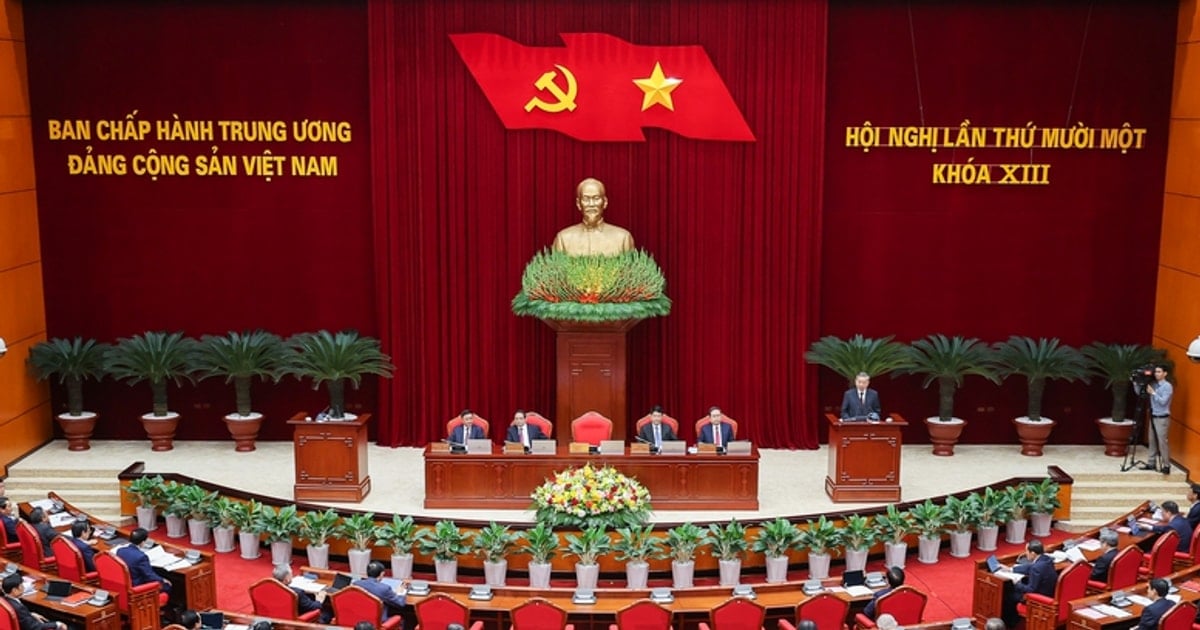


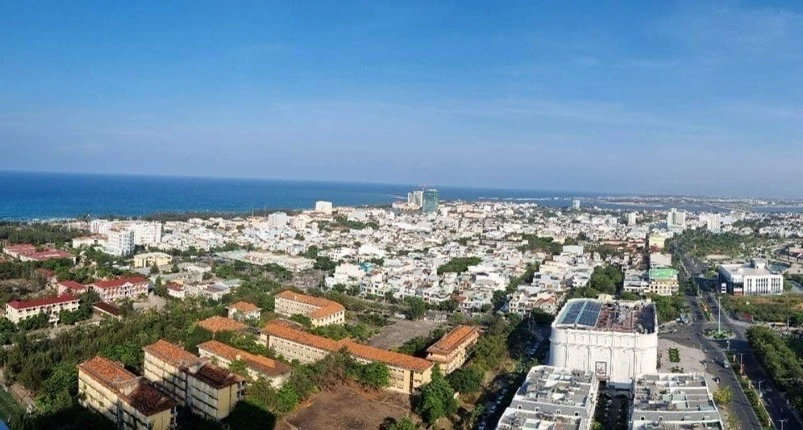






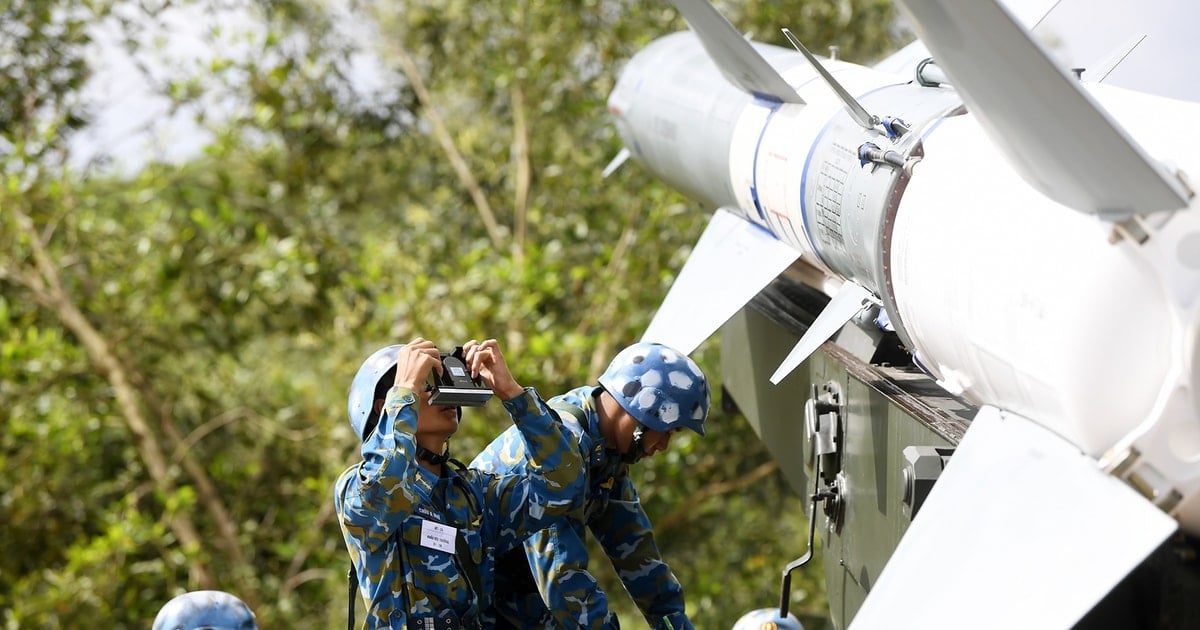
















































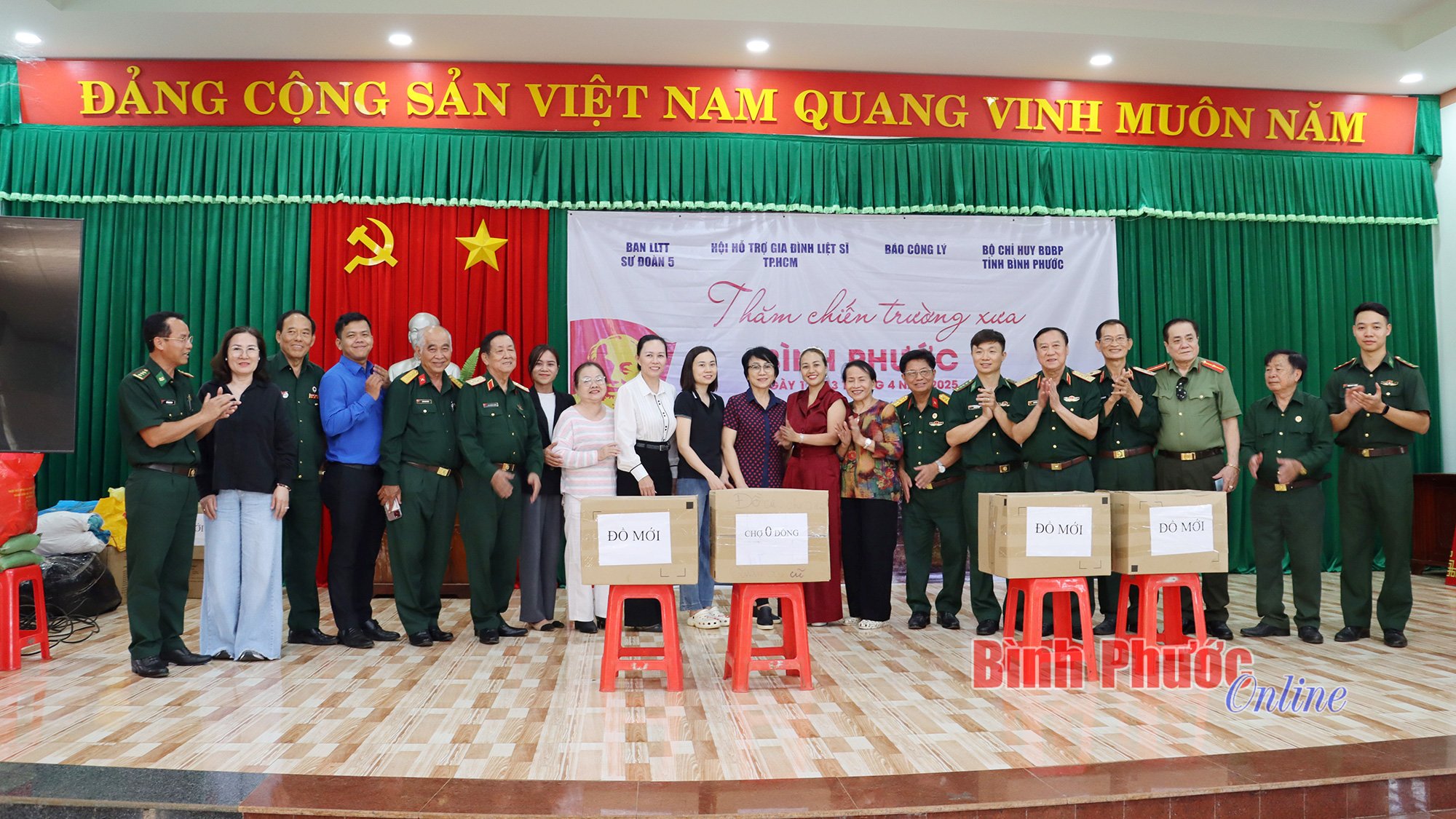





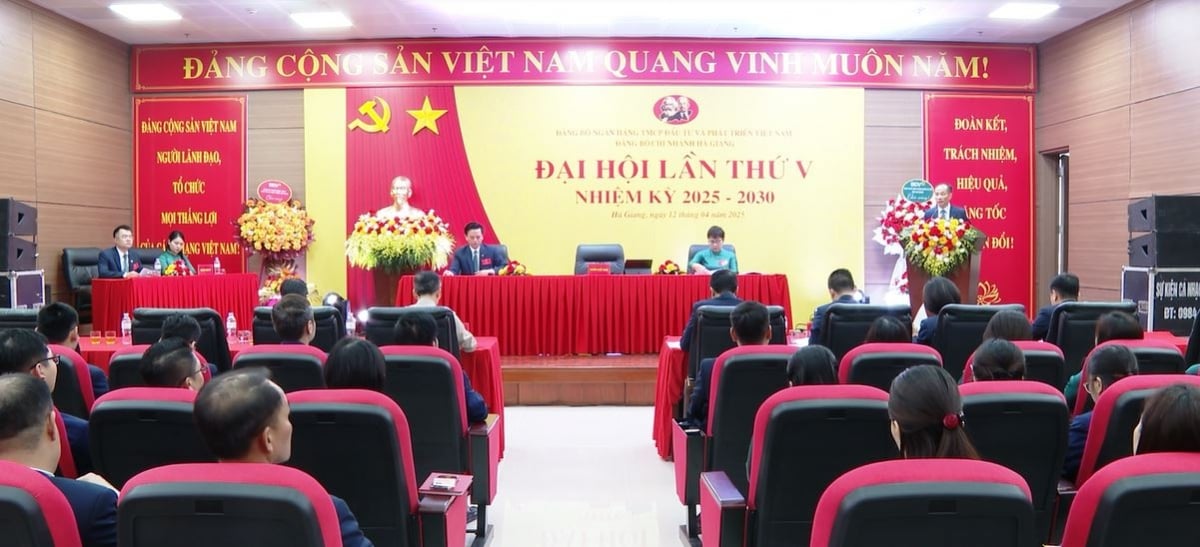












Comment (0)